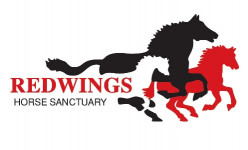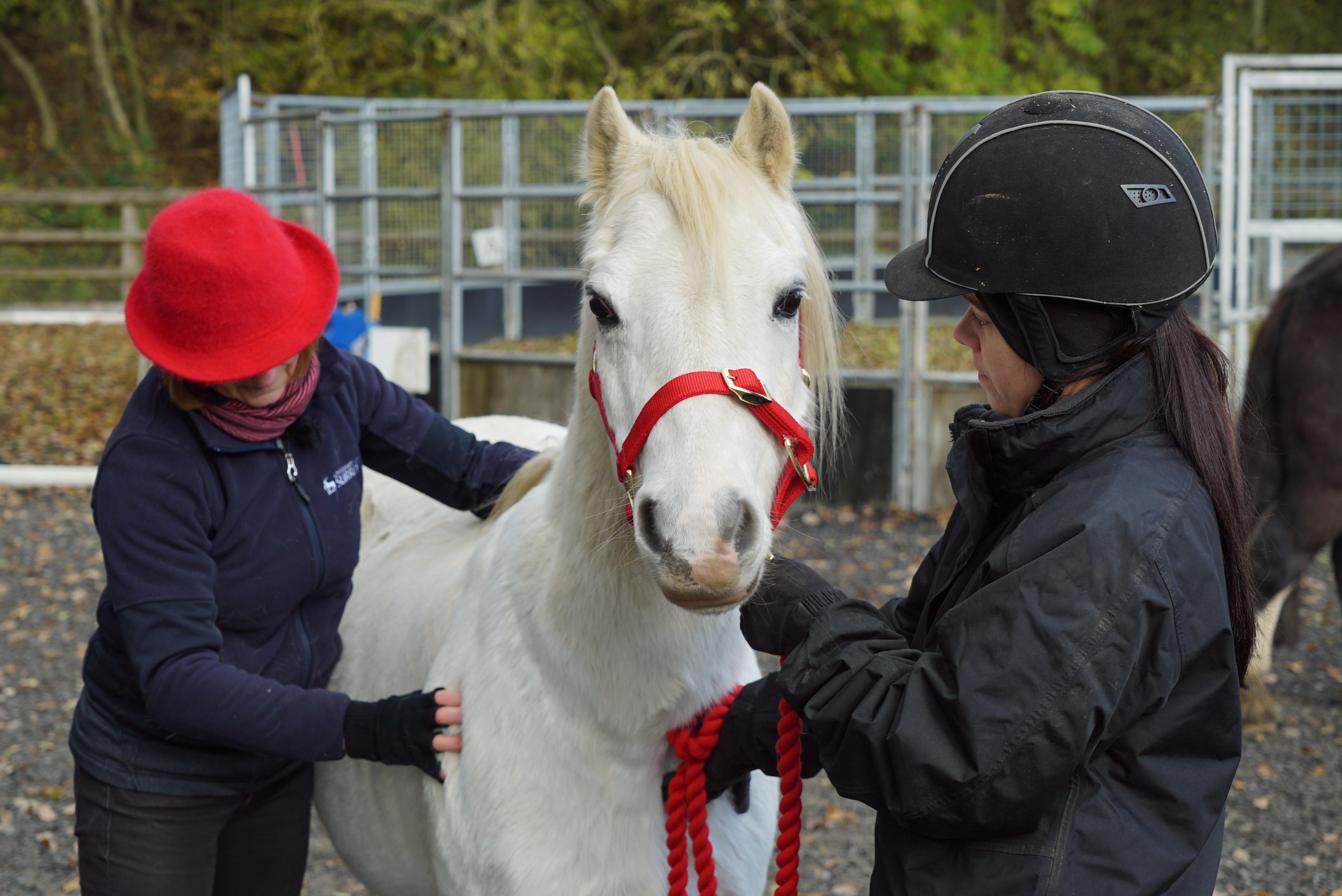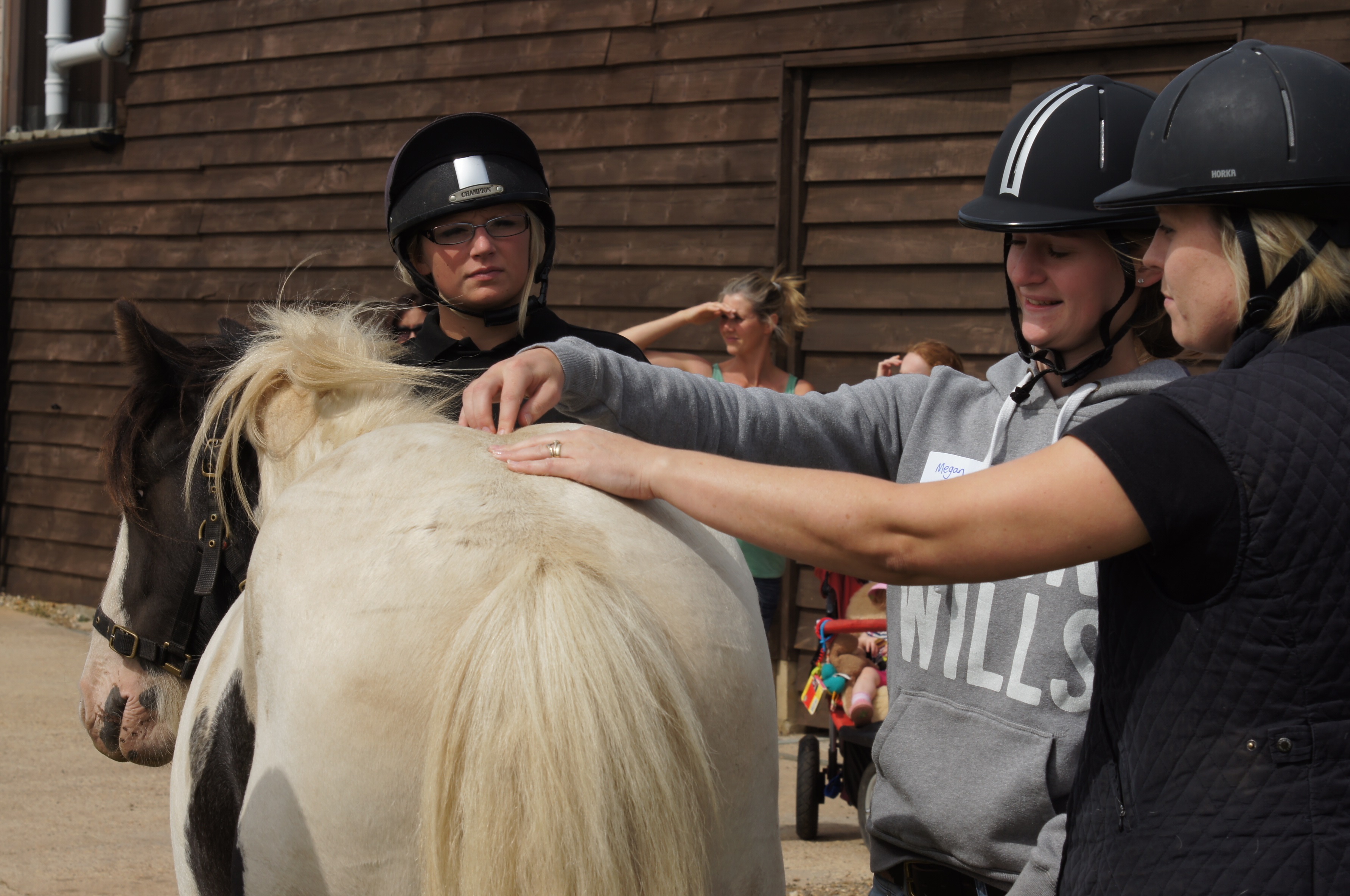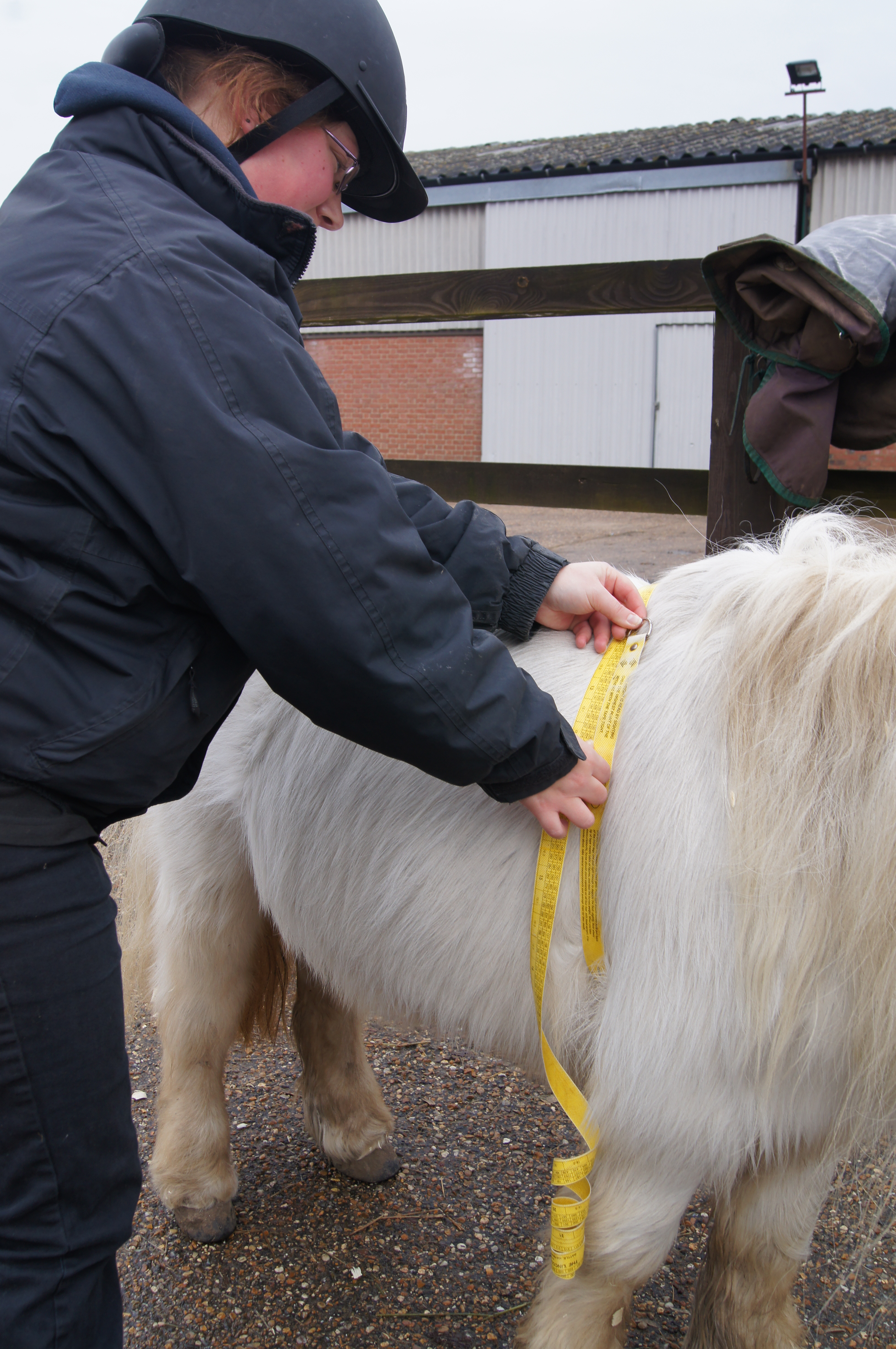Posted: 2nd February 2022 | Back to news feed

The number of overweight horses in the UK is so high that we are currently in what is regarded as an obesity epidemic. Research suggests that part of the reason the issue remains so widespread is that it’s not always easy for owners to recognise when their horse is carrying a few too many kilos.
This is unsurprising when there are so many fat horses around us - those bulky bodies can start to seem normal and a horse at a good weight may be incorrectly thought of as thin, when in fact they are in healthy condition.

Regularly monitoring your horse’s weight and body condition is a really important habit to get into, and taking action if needed will have multiple health benefits for any equine. To help owners who are starting out, or who would like to check their approach to weight monitoring, Redwings has created a one-stop blog which includes links to free, practical resources: redwings.org.uk/news-and-views/weight-management.
The webpage includes an overview of why weight management is so important, along with a simple body condition score chart to download, and a guided video demonstration of how to condition score with nutrition expert Teresa Hollands. Practical weight loss tips are also on offer in the ‘Lightening the Load’ guide for horse owners who want to help their horse slim down a little. Equally important are some ideas for enrichment to help your horse enjoy their food rations in ways that make portions last longer and provide additional activity and interest so that weight management need never be boring!

Use regular body condition scoring (once a month is great) to track what extra fat you can feel around different parts of your horse’s body. Remember that, like humans, horses can be prone to storing fat in different areas so a systematic approach is important to get an overall picture. You can then use a weigh tape to monitor how that condition score translates into your horse’s weight, which will help you spot any loss or gain at an early stage.
If you would like to help your horse lose some weight, using a weigh tape weekly or fortnightly is an important way to monitor whether the steps you are taking are making a difference, but that any weight loss is being achieved at a gradual and safe rate.

Remember that achieving a healthy weight should be seen as a long-term goal and your horse should never be fed less than 1.5% of their current body weight in dry matter each day. We always recommend speaking to your vet when planning a weight loss programme for a significantly overweight horse to ensure you can safely balance meeting the horse’s nutritional, digestive and psychological needs with helping them gain a healthy body condition.
It can take several weeks for a change in your horse’s feeding and management routine to take effect, this is perfectly normal and nothing to worry about. However, if your horse has not lost weight as expected after two months, consult your vet as there may be underlying issues at play that need to be diagnosed so they can be treated and/or managed effectively.
Some fat is absolutely essential to healthy body functioning, but in excess quantities it can cause a range of health problems. Particular health issues faced by overweight horses are not limited to an increased risk of laminitis, though that is definitely a serious concern in itself. Fat is an active substance within the body, so not only does it create additional bulk for the horse’s joints, heart and lungs to cope with, but it makes the horse more likely to suffer from degenerative joint disease, lipoma and equine metabolic syndrome (EMS). It can interfere with the healthy function of hormones, immunity and thermoregulation, and being overweight also affects a horse’s fitness and performance levels, and even their behaviour.
Achieving and maintaining a healthy body condition is vital for any horse and can make a real difference to their quality of life. If you think your horse may be overweight, or are unsure how to tell, don’t worry, you’re definitely not alone. By downloading Redwings resources to help you start monitoring your horse’s condition, and taking those first steps towards healthy weight loss if needed, you will be making already be making important contribution to their health and welfare.
The Equestrian Index newsfeed is compiled from articles submitted by advertising members and expresses the opinions of those members. Watsons Directories Ltd shall not be held liable for any inaccuracies or mis-statements therein.